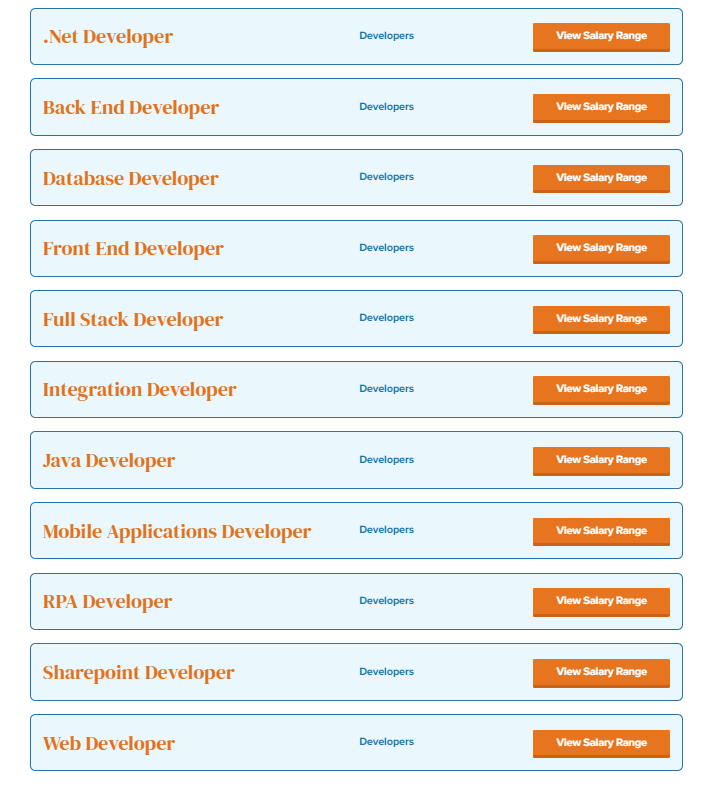We all want to be paid fairly for a good day’s work. Research shows pay is a big contributor to job satisfaction. Yet, money can be an awkward, if not taboo, topic. How do you find out if you are being paid enough if salary remains a tricky subject to bring up? Here are some simple steps you can take.
Reach out to your trusted networks
Family and friends are a great place to start. Reach out to those who work in HR or people leadership positions in your industry if possible. They are well versed in having confidential conversations about pay. They can also provide relevant insights tailored to you and the work you do. These individuals will have your best interests in mind. Mentors and career advisors are well-positioned to provide appropriate information too.

Reputable recruitment agencies have access to real-time information about the job market. They know what skills employers want and how much they are willing to pay for them. Did you know that many recruiters work on a percentage fee basis? That means, the more you earn the higher their fee will be. This model makes sense: salaries are higher for specialist and senior roles, which are more difficult and time-consuming to fill.

While recruiters want to get you paid as much as possible, they won’t encourage you to oversell yourself. Not only is this damaging to your reputation and theirs, it can also create more work. Most recruitment agencies replace candidates who do not meet expectations at no extra charge. Regardless of how active you are on the job market, chatting with recruiters provides insights on the latest salary trends.
Research online
If you want to find salary information yourself, there are several avenues available.
Here are some tips to ensure you are looking at credible and reliable data:
- Consider the source of the information. Is it a government or reputable organisation? What is its expertise or specialisation?
- Look at the sample size. Is it large enough to capture average salary ranges?
- Check when the data was last updated? Is it current or from five years ago?
- Finally, confirm your findings across multiple sources. They may not all agree exactly, but the truth will lie somewhere in between.

Don’t know where to start?
Salary data is often found on government sites (such as Job Outlook), as well as company review and pay data sites (such as Glassdoor and Payscale). Job boards (such as SEEK), online platforms (such as on LinkedIn), industry salary reports, and professional associations are all great places to start.
Job ads and job boards provide a rich source of data. Besides salary information, you can see the associated skills, experience, and qualifications expected, as well as how much demand there is for your skillset. If the salary is not explicitly listed on the job ad, you can use the job board’s search function to filter your results by salary.
Clicks’ job salary search draws on up-to-date salary information from top employers across Australia. We provide an outline of the average IT salaries at entry, mid and senior levels. Whether you are a Full Stack Developer, Cyber Security Manager, or Digital Project Manager, we’ve got you covered. We provide salary data across for over 200 different IT roles and counting – including 11 different types of IT development specialisations.

You’re not paid enough. What now?
So, you’ve done your homework and the conclusion is that your pay is below current market rates. Start by considering what could be driving this.
- How is your company’s financial performance tracking?
- Is there a pending review that will adjust for the differences you’ve identified?
- How are you tracking against expectations and key deliverables?
- What other benefits do you receive outside of your salary? These could be bonuses or non-financial benefits (such as flexibility, supportive leaders, investment in L&D, share options, additional leave, or processes and tools that enable you to be effective in your role).
If you decide to ask for a pay rise, follow the process laid out in our guide. We step you through:
- What groundwork is needed besides understanding your worth in the current job market.
- How to ask for a pay increase.
- What to do if the salary conversation does not go your way.
We have resources on other career and employment topics. For more tailored advice, reach out to our consultants on 1300 CLICKS for a confidential conversation.
If you are on the job market looking for your next IT opportunity, look at our job board to see all our current vacancies. You can also register with Clicks via the Job Seekers page on our website. We also have a fantastic referral program that can earn you $500 for every great person you send our way.
Clicks is an award-winning IT recruitment specialist. Our recruiters average 12 years of industry experience, and we’re on over 80 Preferred Supplier Agreements. As Australia’s favourite IT recruiter, we help candidates find great opportunities and companies find great people each day!









